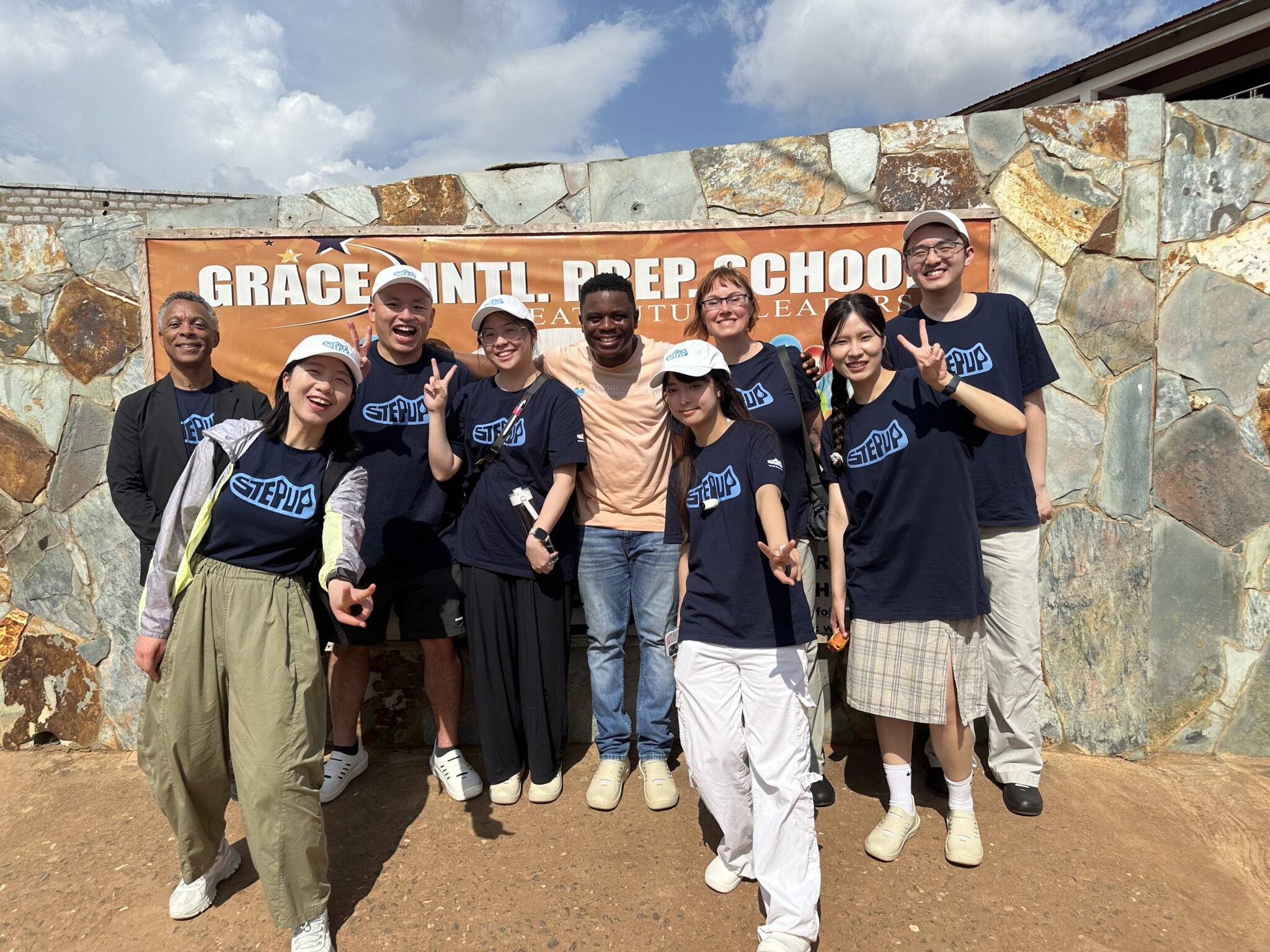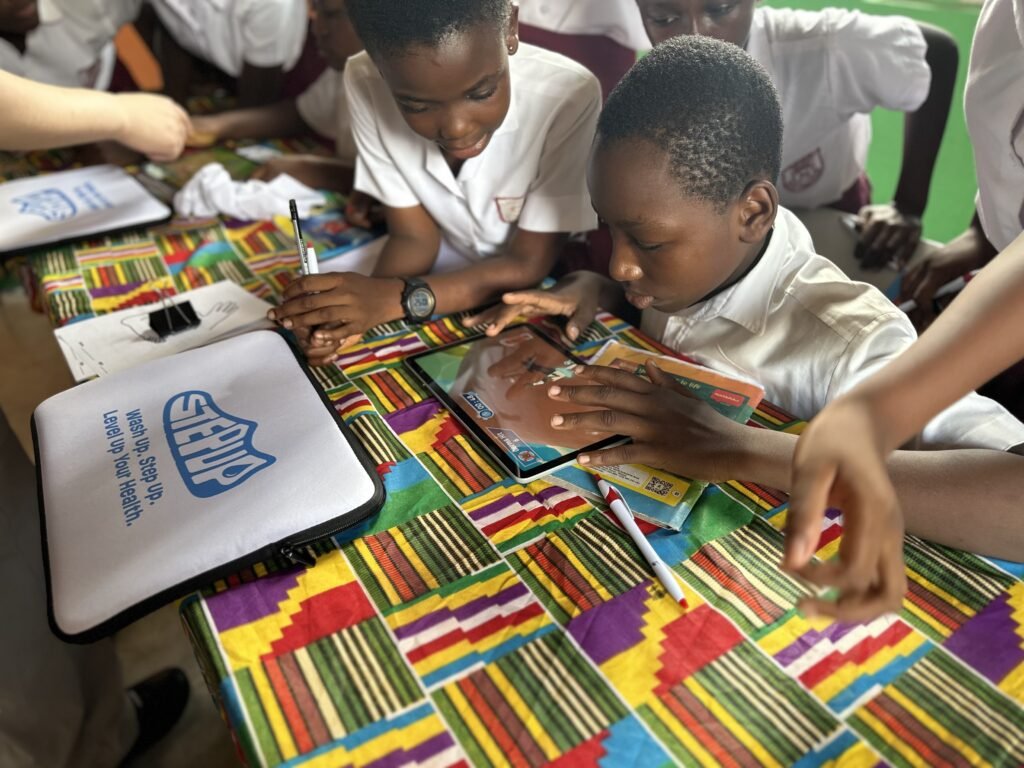Stepping Toward Change: StepUp & The World Shoe Fund
Something as simple as a pair of shoes can be life-changing in underserved communities. The World Shoe Fund has long known this, building its mission around the powerful link between footwear, health, and opportunity. Now, with help from the StepUp Project Team, that mission is entering the digital age through an engaging educational game that blends fun with lasting impact.
Going without shoes is more than an inconvenience. It is a health hazard. In many parts of the world, barefoot children are at risk for parasitic infections like hookworm, tetanus, and other preventable diseases. Lack of footwear can, in turn, restrict access to schools or jobs due to the barriers created by illness.
The World Shoe Fund is a social enterprise committed to improving global health by distributing durable shoes to vulnerable populations and promoting hygiene education. The organization goes beyond shoe donation, recognizing that going barefoot can lead to various health risks, from cuts and infections to long-term disease. Their Wash & Wear Program is a comprehensive health initiative built on the principles of UNICEF’s WASH (Water, Sanitation, and Hygiene). It integrates hygiene education, vaccinations, nutrition, and protective footwear into a single, scalable solution.
With a shoe factory based in Ghana, the World Shoe Fund combines local production with global impact. “Charity is not sustainable for lasting change. We must invest in scalable market-based solutions to see true transformative social impact,” says President of the World Shoe Fund, Dr. Courtney Cash.
The StepUp team, part of Carnegie Mellon University’s Entertainment Technology Center, brought its creative expertise to help scale the World Shoe Fund’s mission. Comprising a multidisciplinary team—including a producer (Eva Chang), programmer (Tyler Yang), narrative designer (Anna Kim), two 3D artists (Lawrence Luo, Regina Xia), and a UIUX designer (Yawen Xiao)- StepUp took on the challenge of translating hygiene education into an engaging digital format.
Their solution: a 3D interactive game called Hygiene Hero Cup, designed for Android tablets and tailored to students aged 10–18 in underserved areas. The game uses fantasy adventure themes and sports-style competitions to teach key practices like handwashing, foot care, and the importance of wearing shoes.
The game was recently playtested in Ghana, where 100–200 students interacted with the prototype. The results were promising; post-playtest surveys showed increased awareness and understanding of hygiene practices and the importance of shoes for health.
The StepUp team’s approach exemplifies how play can be a powerful educational tool. Turning lessons into interactive adventures, they’re helping children build lasting habits that protect their health and boost their confidence.
By distributing shoes and combining that effort with hygiene education, the World Shoe Fund tackles immediate and long-term barriers to well-being.
The partnership between StepUp and The World Shoe Fund proves how thoughtful collaboration between social enterprises and creative technologists can spark real change.





